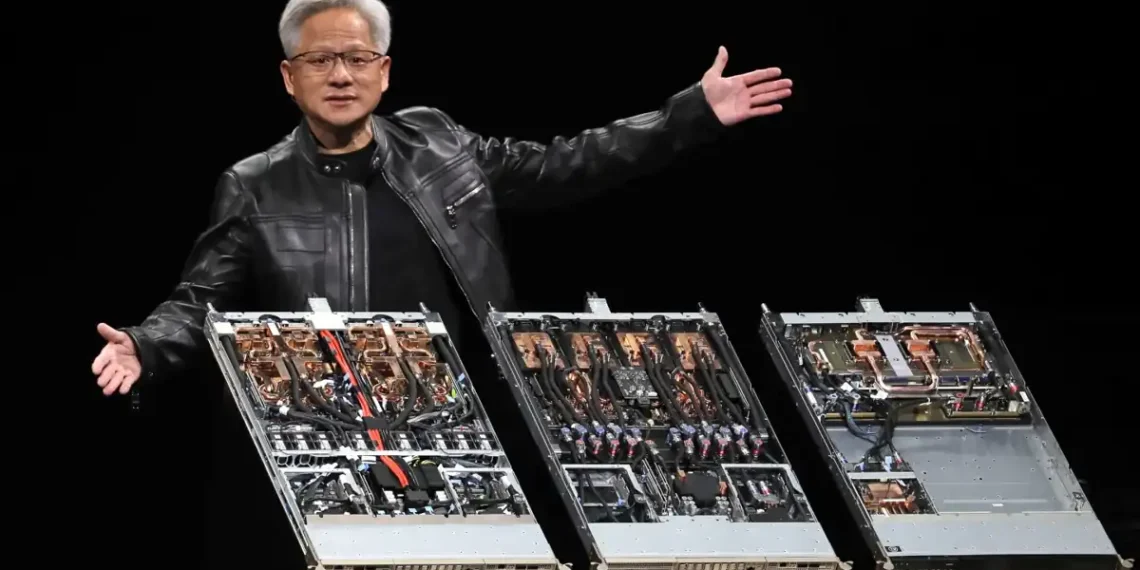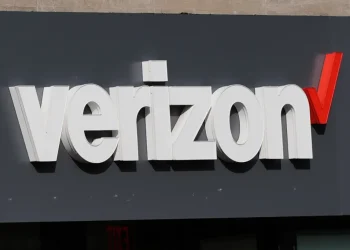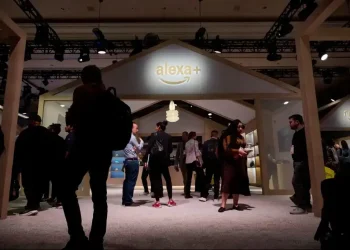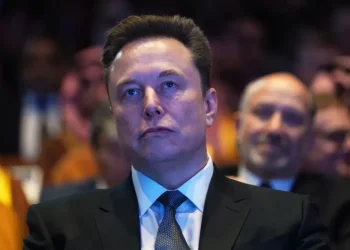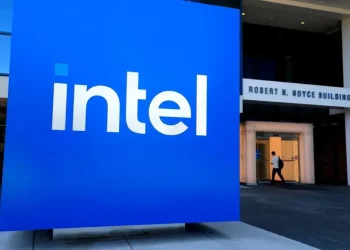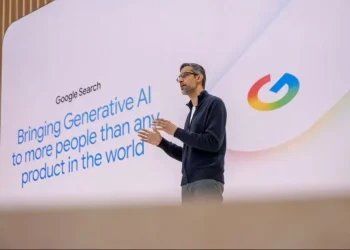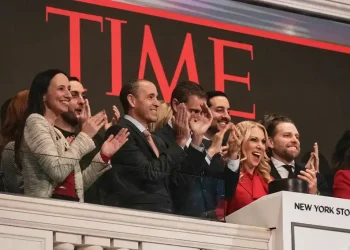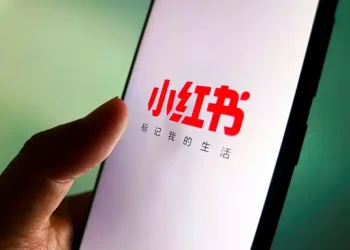Nvidia Wins U.S. Approval to Resume AI Chip Sales to China After Trump Meeting
BANGKOK — Nvidia CEO Jensen Huang announced Monday that the U.S. government has granted the company permission to resume shipments of its advanced H20 artificial intelligence chips to China, marking a significant shift in American tech export policy.
The decision comes after Huang met with President Donald Trump and other U.S. officials in recent weeks. Nvidia had previously faced restrictions under White House export controls aimed at limiting China’s access to cutting-edge AI hardware.
U.S. Greenlights AI Chip Licensing
In a blog post and televised interview on China’s CGTN, Huang confirmed that Washington will now allow Nvidia to file export licenses and begin deliveries of its H20 chips to Chinese customers.
“The U.S. government has assured Nvidia that licenses will be granted, and Nvidia hopes to start deliveries soon,” the company stated.
Speaking to reporters in Beijing, Huang emphasized the importance of the Chinese market:
“Half of the world’s AI researchers are in China. It’s so innovative and dynamic here… It’s really important that American companies can compete and serve the market in China.”
Strategic Visit to Beijing
Huang is currently in China to attend the China International Supply Chain Expo in Beijing. He met with Ren Hongbin, chair of the China Council for Promotion of International Trade, and other Chinese officials.
Nvidia is among the event’s major exhibitors, underscoring the company’s continued efforts to strengthen ties in one of the world’s largest tech markets.
AI, Trade, and Tech Tensions
Nvidia’s rapid rise—recently becoming the first company to surpass a $4 trillion market value—has been driven by explosive global demand for AI computing power. But U.S.-China tensions over advanced technology exports have created headwinds for the chipmaker.
The Biden administration, prior to Trump’s return to office, had imposed stricter export rules on AI chips in early 2024, citing national security concerns. The restrictions targeted Nvidia’s H20 and AMD’s MI308 chips, aiming to prevent potential military applications in China.
In response, Nvidia warned that the export curbs could cost the company $5.5 billion and damage U.S. competitiveness in AI. Industry leaders urged the Trump administration to reconsider, arguing that excessive limits would not only reduce American influence but potentially boost Chinese-developed alternatives.
Markets Respond to Policy Shift
Following Huang’s announcement, Nvidia’s U.S.-listed shares surged nearly 5% in premarket trading, reflecting investor optimism that the decision could help the company regain lost sales in the vital Chinese market.
Looking Ahead
While the approval marks a major win for Nvidia, the broader issue of balancing national security with economic opportunity in U.S.-China tech relations remains unresolved. Analysts expect the Trump administration to face ongoing pressure from both industry and national security officials as artificial intelligence continues to reshape global power dynamics.
This article was rewritten by JournosNews.com based on verified reporting from trusted sources. The content has been independently reviewed, fact-checked, and edited for accuracy, neutrality, tone, and global readability in accordance with Google News and AdSense standards.
All opinions, quotes, or statements from contributors, experts, or sourced organizations do not necessarily reflect the views of JournosNews.com. JournosNews.com maintains full editorial independence from any external funders, sponsors, or organizations.
Stay informed with JournosNews.com — your trusted source for verified global reporting and in-depth analysis. Follow us on Google News, BlueSky, and X for real-time updates.
